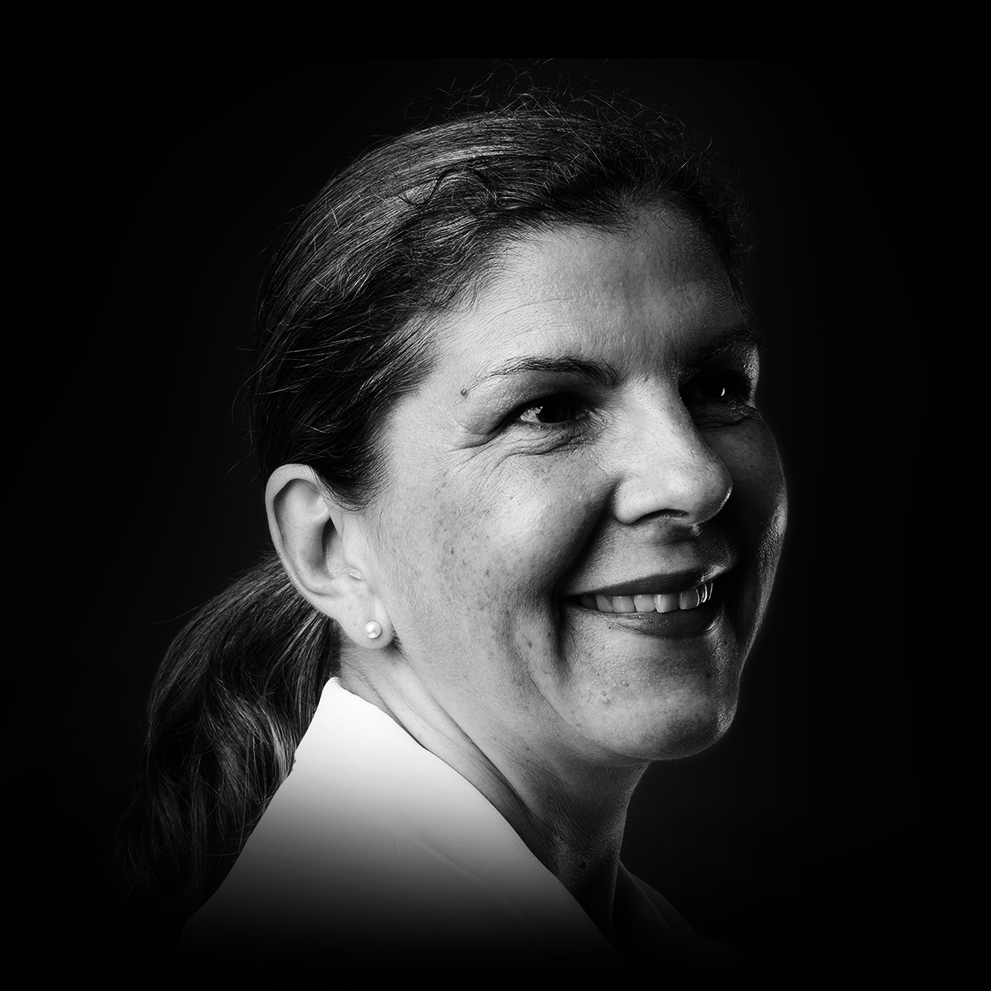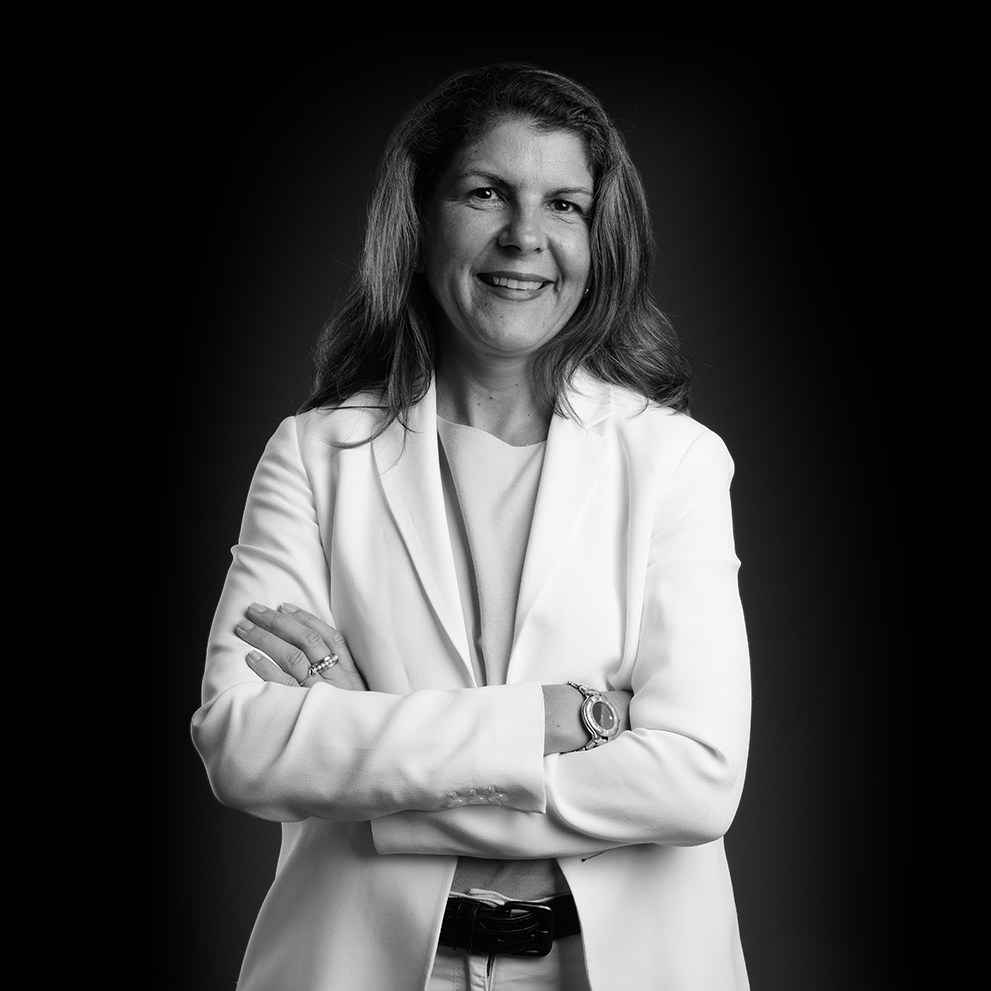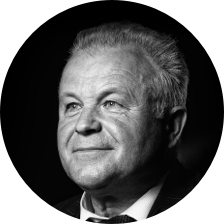The ‘can I afford to walk away’ plan.
When I initially sold the business, I signed up to an earnout. After a few months I simply wanted out.
Cara, 56
Owner, PR Business
When I initially sold the business, I accepted I needed
to stay on for 3 years to maximise the value.
But as I started to experience the purchaser’s big corporate culture, the idea of hanging around started to lose its appeal.
The ‘can I afford to walk away’ plan.
When I initially sold the business, I signed up to an earnout. After a few months I simply wanted out.
Cara, 56
Owner, PR Business

When I initially sold the business, I accepted I needed
to stay on for 3 years to maximise the value.
But as I started to experience the purchaser’s big corporate culture, the idea of hanging around started to lose its appeal.
It was never just about the money
Walking away from an earnout might sound mad, but solely making money was never my objective.
My son, Stephen, was my motivation. He was born with learning difficulties and my goal was to secure his future.
After I received the first payment my husband, Callum, and I, felt we had enough. But with so many things to consider we feared making a rash decision.
- How much did Callum and I need in retirement?
- Did Callum and I really have enough?
- Could I really afford to walk away from the earnout?
- How should I invest the proceeds from my business sale?
- How could we protect our wealth for Stephen’s future?
- How could we ensure Stephen’s inheritance would be managed well on his behalf?
It was never just about the money
Walking away from an earnout might sound mad, but solely making money was never my objective.
My son, Stephen, was my motivation. He was born with learning difficulties and my goal was to secure his future.
After I received the first payment my husband, Callum, and I, felt we had enough. But with so many things to consider we feared making a rash decision.
- How much did Callum and I need in retirement?
- Did Callum and I really have enough?
- Could I really afford to walk away from the earnout?
- How should I invest the proceeds from my business sale?
- How could we protect our wealth for Stephen’s future?
- How could we ensure Stephen’s inheritance would be managed well on his behalf?
A Friendly Introduction
Stephen had grown more and more independent, but when it came to making big financial decisions I wanted to ensure he always had good guidance.
I’d remained good friends with the mother of one of the children from Stephen’s support group.
Goodbody had helped her to put in place a trust for her daughter, and she couldn’t recommend them highly enough.
A Friendly Introduction
Stephen had grown more and more independent, but when it came to making big financial decisions I wanted to ensure he always had good guidance.
I’d remained good friends with the mother of one of the children from Stephen’s support group.
Goodbody had helped her to put in place a trust for her daughter, and she couldn’t recommend them highly enough.

The Goodbody Advice
How much is enough?
Cara and Callum were looking for the answer to two big questions:
Could Cara walk away from her earnout without negatively impacting their retirement?
How could they ensure Stephen’s inheritance would be protected for his future?
We started with their retirement income needs, which led us to a figure of…
€100k net per annum
After looking at Cara and Callum’s collective assets it was clear their pensions would comfortably meet their retirement income requirements.
€1.6m
Initial proceeds from the sale of Cara’s business.
€1.6m
Initial proceeds from the sale of Cara’s business.
€3m
The value of Callum’s defined benefit pension.
€3m
The value of Callum’s defined benefit pension.
€1.5m
The value of the family home with an outstanding mortgage of 250k.
€1.5m
The value of the family home with an outstanding mortgage of 250k.
€800k
Callum’s expected inheritance from his mother aged 90.
€800k
Callum’s expected inheritance from his mother aged 90.
€400k
The value of a mortgage free investment property.
€400k
The value of a mortgage free investment property.
€500k
The current value of Cara’s pension fund.
€500k
The current value of Cara’s pension fund.
However, for Cara to be confident to walk away from her earnout, she needed a plan to ensure the initial proceeds from the business sale would supplement her loss of income until retirement.
If the proceeds remained in cash, they would be depleted quickly, but if they were all
invested in equity markets Cara ran the risk of having to sell during a market downturn.
So, we recommended a diversified portfolio, with the aim of generating returns well
above cash on deposit but without over exposure to equities.
The Goodbody Advice
How much is enough?
Cara and Callum were looking for the answer to two big questions:
Could Cara walk away from her earnout without negatively impacting their retirement?
How could they ensure Stephen’s inheritance would be protected for his future?
We started with their retirement income needs, which led us to a figure of…
€100k net per annum
After looking at Cara and Callum’s collective assets it was clear their pensions would comfortably meet their retirement income requirements.
€1.6m
Initial proceeds from the sale of Cara’s business.
€1.6m
Initial proceeds from the sale of Cara’s business.
€3m
The value of Callum’s defined benefit pension.
€3m
The value of Callum’s defined benefit pension.
€1.5m
The value of the family home with an outstanding mortgage of 250k.
€1.5m
The value of the family home with an outstanding mortgage of 250k.
€800k
Callum’s expected inheritance from his mother aged 90.
€800k
Callum’s expected inheritance from his mother aged 90.
€400k
The value of a mortgage free investment property.
€400k
The value of a mortgage free investment property.
€500k
The current value of Cara’s pension fund.
€500k
The current value of Cara’s pension fund.
However, for Cara to be confident to walk away from her earnout, she needed a plan to ensure the initial proceeds from the business sale would supplement her loss of income until retirement.
If the proceeds remained in cash, they would be depleted quickly, but if they were all
invested in equity markets Cara ran the risk of having to sell during a market downturn.
So, we recommended a diversified portfolio, with the aim of generating returns well
above cash on deposit but without over exposure to equities.
I’m so proud of Stephen and
all he has achieved.
However, I’m still worried about how
he’ll cope in later life, without us.
I’m so proud of Stephen and
all he has achieved.
However, I’m still worried about how
he’ll cope in later life, without us.

A trust is a must.
Given Stephen’s vulnerabilities, protecting his future was Cara and Callum’s overriding concern.
A discretionary trust was the ideal way to ensure Stephen, and his inheritance would be taken care of.
The Benefits of a discretionary trust
The discretionary trust would hold and manage the majority of Cara and Callum’s
estate in the event of their deaths, and Stephen would be the sole beneficiary.
Carefully appointed trustees would work with Cara and Callum’s advisers
to administer the trust estate in Stephen’s best interests.
The trustees would be provided with a letter expressing Cara and Callum’s wishes for how the trust estate is
administered – the trustees are not legally obliged to follow this, but in most cases they will.
As the discretionary trust would be set up under a will, there is no immediate inheritance tax liability
and the trust could be used to provide for Stephen’s medical needs tax efficiently.
Any amounts not covered by exemptions, would be subject to inheritance tax.
The trust may also benefit from an exemption from discretionary trust taxes
– a once-off of 6% charge and 1% annual charge.
A trust is a must.
Given Stephen’s vulnerabilities, protecting his future was Cara and Callum’s overriding concern.
A discretionary trust was the ideal way to ensure Stephen, and his inheritance would be taken care of.
The Benefits of a discretionary trust
A FINAL THOUGHT FROM CARA
Thanks to Goodbody, we’ve done everything possible to secure Stephen’s future.
And walking away from my earnout was a small price to pay to be able to spend more time with him.
A FINAL THOUGHT FROM CARA
Thanks to Goodbody, we’ve done everything possible to secure Stephen’s future.
And walking away from my earnout was a small price to pay to be able to spend more time with him.

What’s your plan?
Please contact us if you think your life could be enriched by a financial plan.
READ ANOTHER STORY




